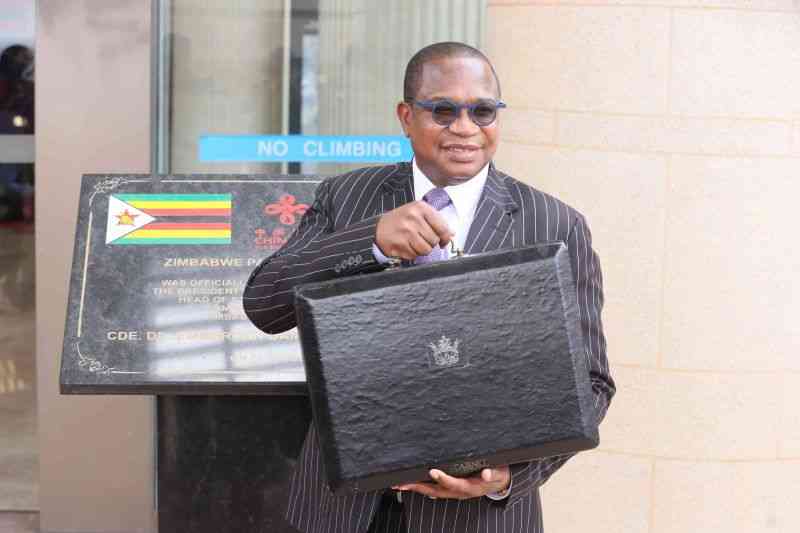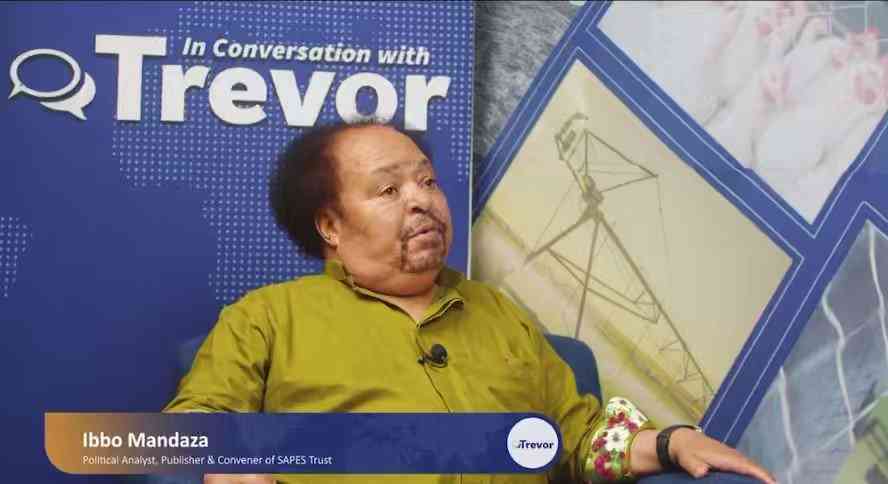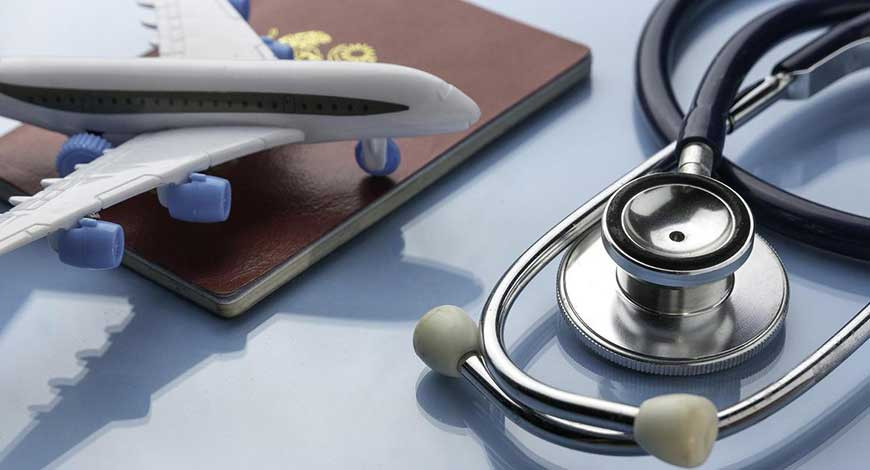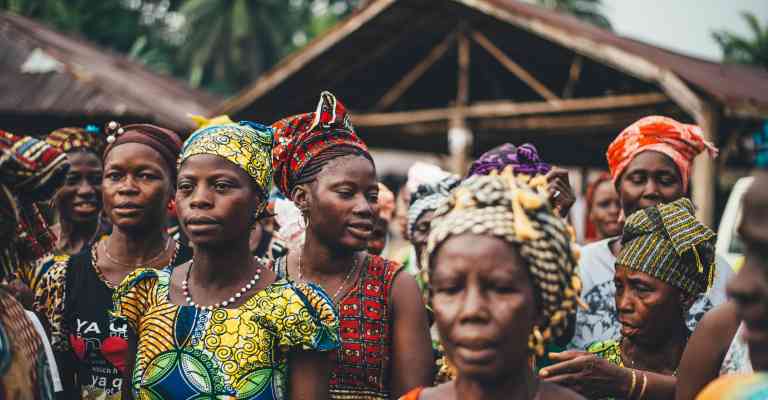
FINANCE minister Mthuli Ncube’s 2024 budget statement has left the country divided, particularly on his new revenue measures where he proposed a raft of new taxes. However, parliamentarians are failing citizens as they have held no consultative budget meetings in their respective constituencies.
Ncube, among many other things, proposed a tax-free threshold of ZWL750 000. He also proposed that the bonus tax-free threshold be raised to ZWL7,5 million. The two figures, going by the parallel market rate, are now just below US$100 and US$1 000, respectively.
Treasury further proposed an increase of the Strategic Reserve Levy by US$0,03 cents and US$0,05 cents respectively for diesel and petrol. In the same line of taxing motorists, Ncube said that tollgate fees for small personal cars will go up from US$2 to US$4 for most roads while the new toll fees will be US$5 for the same size of vehicles on premium roads. The premium roads include; Plumtree to Mutare, Harare to Mutare and Harare to Bulawayo.
Treasury further suggested that the US$300 COVID-19 allowance given to all civil servants starting January 2024 will become pensionable and, therefore, liable for taxation. It will mean civil servants having less disposable incomes, but at the same time increase their potential pension funds when they retire.
Ncube went for the jugular by increasing sin tax. He introduced a new US$0.02 cents/gram of sugar in beverages tax which will be ring-fenced to support cancer treatment. The sin tax also saw an increase in customs and excise duty on cigarettes and alcoholic drinks.
In some bold move, the Treasury also proposed a wealth tax of 1% on all properties (houses) worth US$100 000 or above. The money would be supposedly ring-fenced to support road and water infrastructure in urban areas.
The Finance ministry also proposed a new surcharge on high value cars of between 30% and 50% on vehicles valued at between US$120 000 and US$750 000, respectively.
On the list of new corporate taxes, Treasury proposed a minimum domestic top-up tax for multinational companies so they can pay up to 15% on their operations.
- Interview: ‘Zim committed to tackling climate change’
- Finance minister reminded of PWDs
- Tackling climate change in infrastructure development
- New perspectives: Impact of tax policy on gender equality
Keep Reading
One more issue needs to be looked at. Most of the taxes were quoted in US dollars while expenditure is in the local unit. The budget was anchored on local currency despite the headwinds of foreign exchange volatility.
As is customary, after the presentation of the budget proposals, parliamentarians meet stakeholders for consultations. This usually happens at the level of parliamentary committees. The committees failed to do the consultations this week and next week, it seems the story will be the same.
It is likely that the budget hearings and debate will be truncated if the budget has to be passed before the Christmas recess. However, it seems more likely that they would have to come early after Christmas to pass the budget. Constitutionally, the budget needs to be passed by the end of January.
What, however, worries me is the MPs' failure to report back or have consultative meetings in their constituencies. Parliament adjourned for nearly 10 days after the budget presentation. In many constituencies I have been to and social media activities of most MPs I monitor, the majority of them have done zero consultations.
The question is: Why then do they receive an allowance to meet their voters in their constituencies? If they can’t consult with the voters on such an important issue like a budget, what issues do they like to consult on?
It is apparent that MPs will debate the budget on the basis of the views of their friends or organised groups that bring suggestions during post-budget portfolio committee meetings.
Very few will be able to come out and boldly claim that my constituency has said this on that tax, because they never met their constituencies.
However, in that sea of mediocrity there is Mount Pleasant MP Fadzayi Mahere as an island of what an MP should be. Mahere has an online newsletter to share what has been happening in Parliament and her contributions. In the same newsletter, she advises her constituency on when and where she could meet them. Yesterday, between 2pm and 4pm she met residents at the constituency office on the issues they need raised on the 2024 budget.
If the opposition is to become more credible, increase its support base and generally bring new politics to Zimbabwe, then Mahere’s model should be replicated in all constituencies they hold. MPs should periodically hold meetings, town hall style and not rallies with their constituencies.
This is the function of the constituency offices. They receive and collect written submissions from members of the constituency. They also act as a meeting place where residents can interact with the MP, not necessarily addressed like at a rally.
Parliament, like the Judiciary, should be the bedrock of our democracy. Parliamentarians should be in constant interaction with their constituencies. MPs should not only debate or vote on issues as they wish but should be saying my constituency said this and that. MPs are simply constituency representatives, they are not representing themselves.
That is why it is important that the whipping system should be discarded. In mature democracies, different constituencies have different views on issues and MPs should not vote in a homogeneous manner, but in line with their constituency wishes.
The above can only be done if the MPs take time to meet their constituencies and converse on issues in Parliament and those that they need addressed. MPs should not become silos in between elections, only surfacing just before the electioneering period.
It would be interesting to see how our MPs will debate the 2024 national budget. How many will parrot their party lines? How many will raise genuine concerns of their constituencies? On that score, Mahere is a towering beacon and may many MPs replicate her style for the greater good of our democracy.
Paidamoyo Muzulu is a journalist based in Harare. He writes here in his personal capacity.











